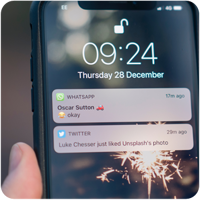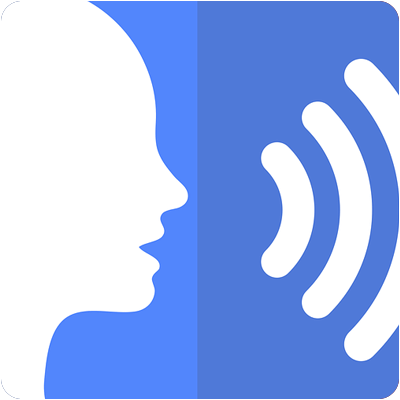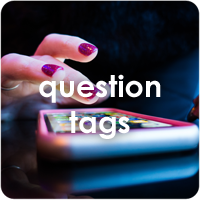Het arrangement 4.3 Texting - hv12 is gemaakt met Wikiwijs van Kennisnet. Wikiwijs is hét onderwijsplatform waar je leermiddelen zoekt, maakt en deelt.
- Auteur
- Laatst gewijzigd
- 27-07-2025 20:55:44
- Licentie
-
Dit lesmateriaal is gepubliceerd onder de Creative Commons Naamsvermelding-GelijkDelen 4.0 Internationale licentie. Dit houdt in dat je onder de voorwaarde van naamsvermelding en publicatie onder dezelfde licentie vrij bent om:
- het werk te delen - te kopiëren, te verspreiden en door te geven via elk medium of bestandsformaat
- het werk te bewerken - te remixen, te veranderen en afgeleide werken te maken
- voor alle doeleinden, inclusief commerciële doeleinden.
Meer informatie over de CC Naamsvermelding-GelijkDelen 4.0 Internationale licentie.
Aanvullende informatie over dit lesmateriaal
Van dit lesmateriaal is de volgende aanvullende informatie beschikbaar:
- Toelichting
- Deze les valt onder de arrangeerbare leerlijn van de Stercollecties voor Engels voor havo en vwo, leerjaar 1 en 2. Dit is thema 4 'Contacts'. Het onderwerp van deze les is: Texting. In deze les wordt een specifiek onderdeel van telefoongebruik behandeld, namelijk appen of sms'en (texting). In de grammaticaopdracht wordt het onderwerp 'question tags' behandeld.
- Leerniveau
- VWO 2; HAVO 1; VWO 1; HAVO 2;
- Leerinhoud en doelen
- Engels;
- Eindgebruiker
- leerling/student
- Moeilijkheidsgraad
- gemiddeld
- Studiebelasting
- 1 uur 40 minuten
- Trefwoorden
- arrangeerbaar, engels, hv12, question tags, sms'en/appen, stercollectie, text messages, texting

 The subject of this double period is texting.
The subject of this double period is texting.

 Text messaging
Text messaging Texting Teens
Texting Teens Study the words and phrases well.
Study the words and phrases well.



 Have a discussion
Have a discussion Write an opinion piece
Write an opinion piece
